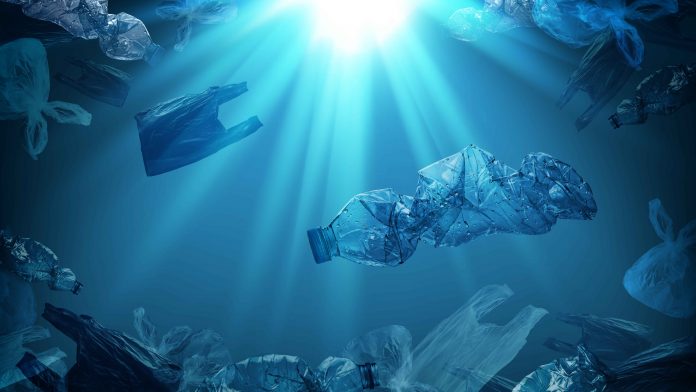A new Plastic Packaging Tax will be introduced in April 2022 and applies to all plastic packaging produced in the UK. It will also apply to imported plastic packaging – regardless of whether it is empty or filled.
The tax is in response to the increasing urgency of the climate crisis, and plans to tackle the scourge of plastic waste, by targeting companies in the UK. Its aim is to increase the use of recycled plastic in packaging by 40 percent. Said to be equal to carbon savings of nearly 200,000 tonnes, it is estimated that a staggering five million tonnes of plastic is used every year in the UK, nearly half of which is attributed to packaging.
It aims to encourage the use of recycled rather than new plastic within plastic packaging which will stimulate increased levels of recycling and collection of plastic waste, diverting it away from landfill or incineration.
The tax will drive change for most businesses within the UK and encourage the use of more sustainable alternatives – and innovation – to meet their business demands.
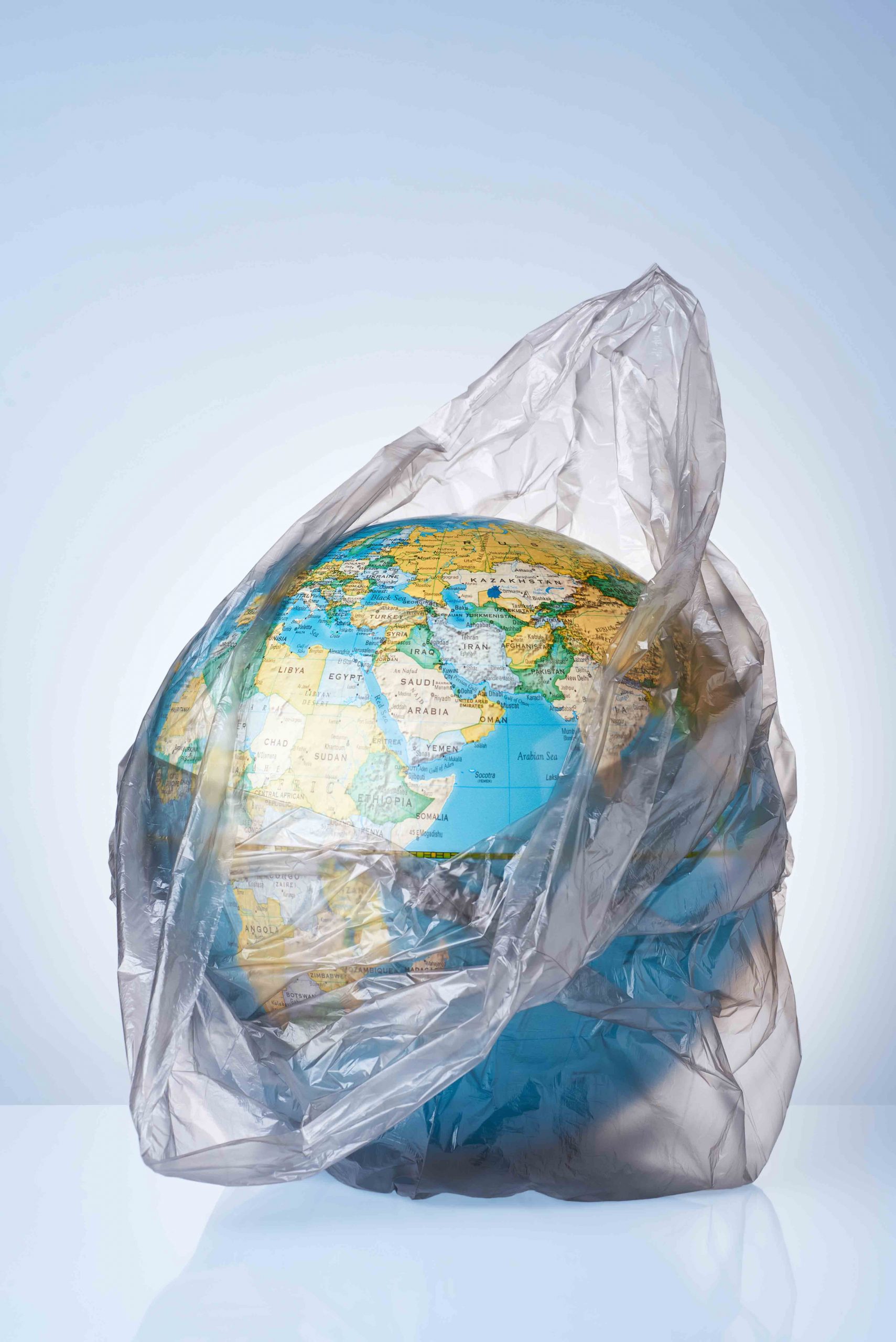
WHO IT AFFECTS
The Plastic Packaging Tax will mainly affect UK producers of plastics, and any business that manufactures or imports plastic packaging components or imports packaged goods into the UK. It will also affect businesses who purchase goods in plastic packaging across the UK.
WHAT YOU NEED TO KNOW
Firstly, and most importantly, do you know what your packaging is made from and what percentage of recycled content it includes?
- The tax will be £200 per tonne (apportionment for part thereof) on all plastic packaging or packaging components that are predominantly made of plastic.
- The tax applies to plastic packaging manufactured in or imported into the UK containing less than 30 percent recycled plastic when measured by weight.
- If your business is in the UK, you will be liable for Plastic Packaging Tax if you perform the ‘last substantial modification’ before the packing or filling process.
- ‘Small operators’ who manufacture or import less than 10 tonnes of plastic packaging in a 12-month period are exempt from the charge.
- There are anti-avoidance rules dealing with the artificial separation of business activities to avoid the tax.
WHO PAYS THE TAX?
- If you are a UK based business using packaging or a packaging component that is produced in the UK, it is the producer (manufacturer) who pays the tax.
- If you are importing from outside the UK, then you will have to pay your own tax
Be sure to take care to establish who within your supply chain is liable to pay the tax. You don’t want to end up penalised because of a lack of due diligence.
WHO WINS?
The new tax complements the reformed Packaging Producer Responsibility Regulations. It is hoped that all businesses, including small operators, will be encouraged to reconsider and redesign packaging, making it less difficult to recycle.
Whilst the Tax will require change, investment and financial implications for many businesses, it does come with some positives. Its implementation should drive more localisation and local sourcing which will significantly reduce the carbon footprint for many businesses and is a win for the environment and sustainability.
The flip side, however, is the likelihood that manufacturers will end up raising prices. These price hikes will be required to meet the increased demand and to cover the tax they’ll be paying themselves.
Subsequently, no matter how your packaging is sourced, you will inadvertently be affected by the tax, but buying local means a win for the environment and the only way to avoid the tax at all, is to make a move to more eco-friendly and sustainable products which are more than 31 percent recyclable.
THE ALTERNATIVES
When it comes to implementing changes there are several alternatives to help reduce the level of plastic being used.
Paper is the obvious choice, it can be used up to seven times before it becomes too weak, giving it an incredible lifecycle. The rising demand on paper mills however has not come without its challenges and has also seen paper prices increase by 65 percent since Christmas 2020. More mills are required, and with the festive season once again around the corner, the rapid rise in deliveries and online shopping will hit the paper mills hard and likely suck up much of the UK based paper supply that’s left. The best way to avoid this is to reduce any overuse. One easy way to do this is by selecting the right size box for the product.
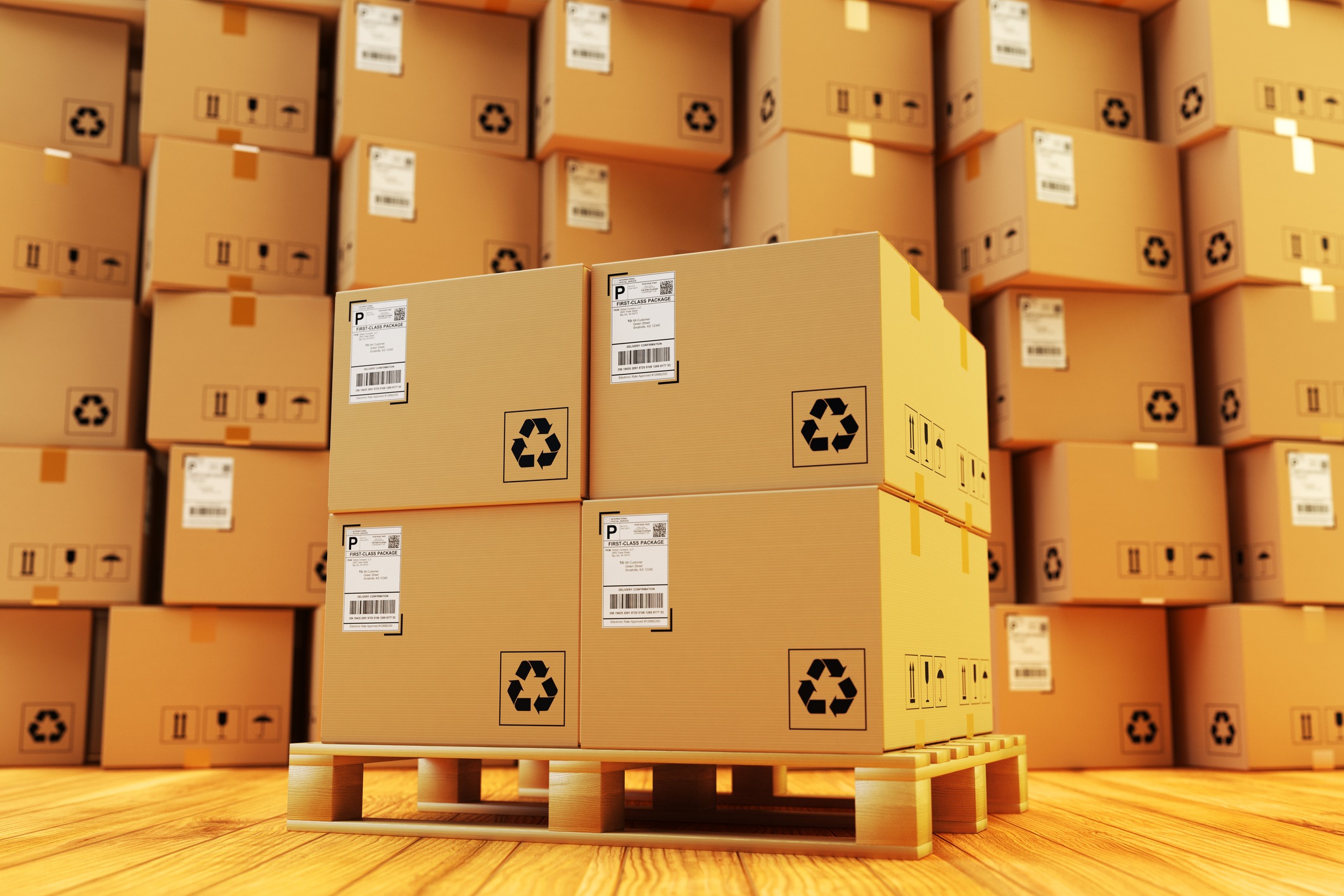
Other alternatives to paper that would be considered better than plastic include cellulose fibre options – a solution which is easier for the end consumer to recycle. Then there is switch foam wrapping or bubble wrap for a paper-based filler or bubble wrap such as Geami paper which provides an eco-friendly alternative. Honeycomb also makes an ideal replacement for polystyrene. It can fill thick voids and be cut and fit to shape. It also uses less paper than counterparts such as corrugated, making it one of the most sustainable options on the market.
WHAT HAPPENS NEXT?
By now UK businesses should be well on their way to implementing changes but at the present time, 60-70 percent of UK small businesses still need to execute re-testing and finalise changes to packaging choices and supply chains.
For anyone making changes to their packaging design to reduce the amount of plastic being used, stringent re-testing will be required to ensure the safety of your products. This takes time and inadvertently is now seeing test centers overwhelmed. This testing would include drop testing, box compressions and pallet stabilisaton
THE FUTURE
Despite the challenges the implementation of the new tax will bring, these changes are here to stay. Whilst the government is forcing the change by applying the tax, demand from the end consumer and discerning younger generation has most certainly played a part in its creation.
This tax alone has the potential to wipe out polystyrene, so UK businesses need to play smart and be ready with alternative solutions.
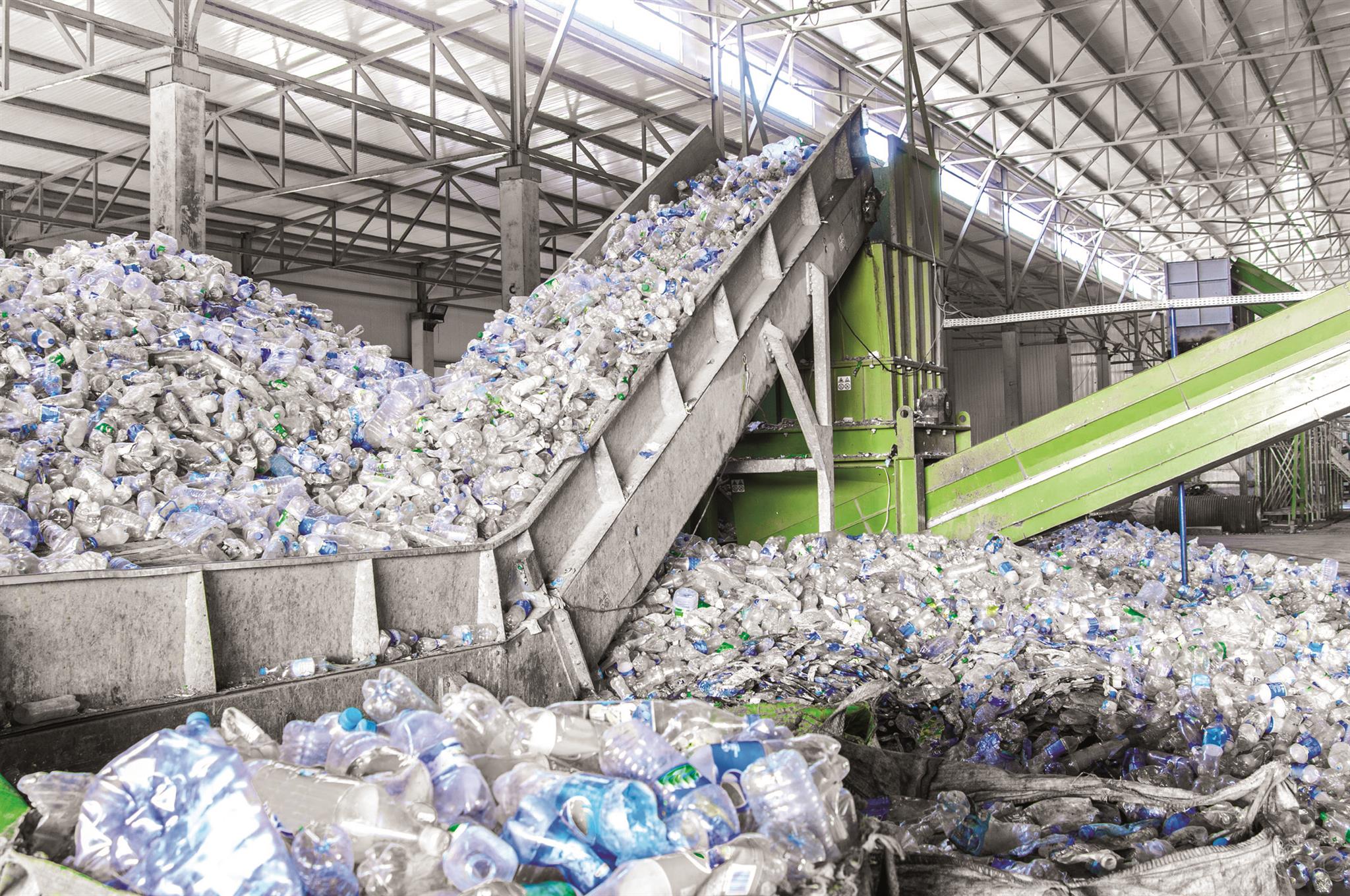
In many ways the tax is a welcome move to reducing plastic usage, but the UK’s recycling infrastructure needs significant attention and development. The system is unprepared and will be overwhelmed by the increased volume of paper. Whilst plastics can still be sustainable if used and handled in the right way, the disposal of paper is much simpler for consumers. In the future, we can expect to see developments in plastics, as they try to adapt and find solutions which may be more recyclable, but we can fully expect paper still to prevail.
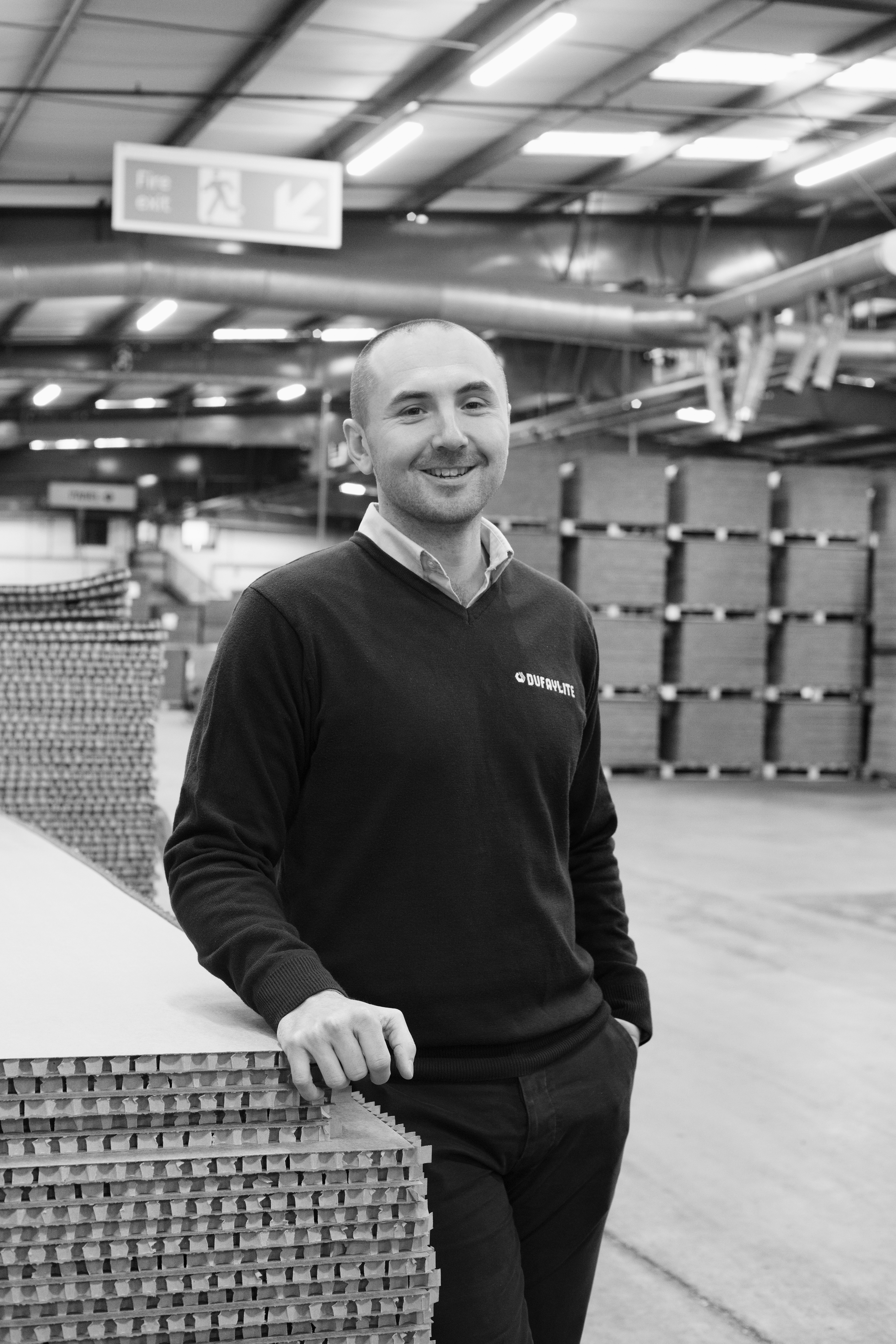
Ashley Moscrop, Managing Director, Dufaylite
Ashley runs Dufaylite, UK’s sole manufacturer of recycled paper honeycomb, a 100 percent recyclable, robust and versatile core material that’s become an innovation in the print and signage sector. Over almost two decades, he worked his way up from the factory floor to MD. dufaylite.com


